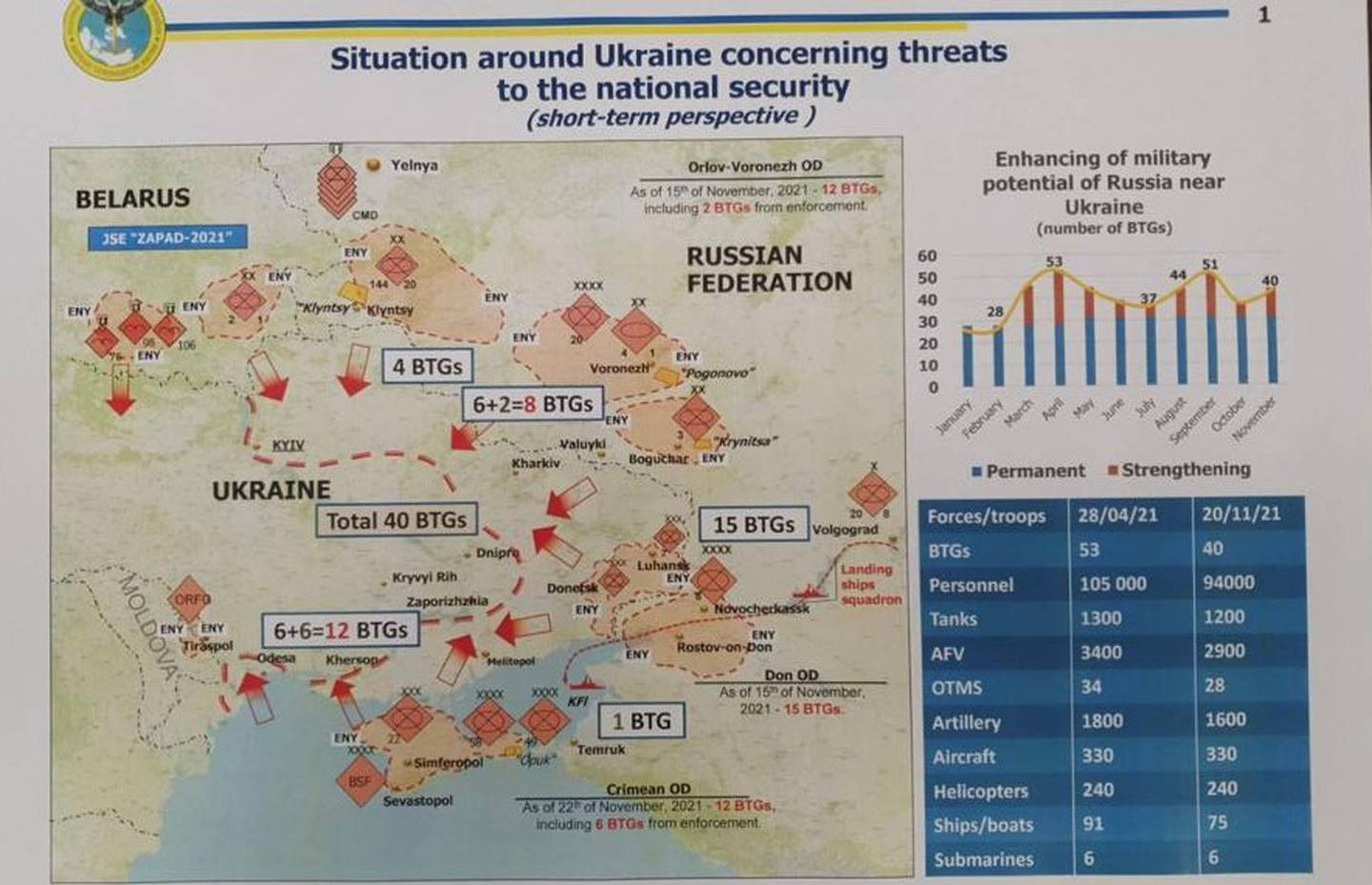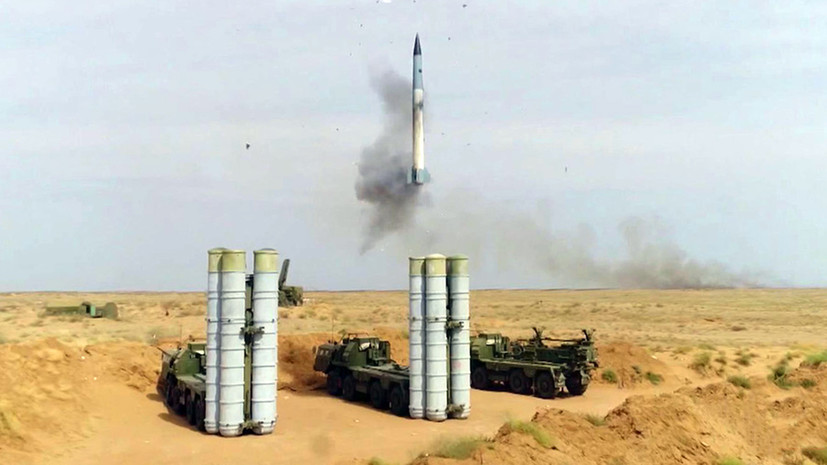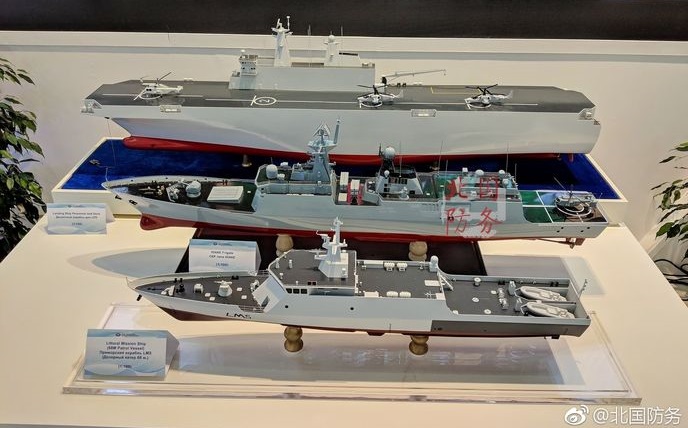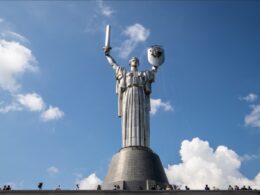Moscow commentators and presumably the Kremlin, Aleksandr Skobov says, are suggesting that the West has already capitulated to Vladimir Putin over Ukraine because the only response they think the West will make involves sanctions. But that is a mistake: if Putin expands his aggression in Ukraine, a new Iron Curtain will go up.

(Image: kasparov.ru)
“A serious regional war in the center of Europe would mean that relations between Russia and the West as a whole would inevitably return to the level of the height of the First Cold War,” the Moscow commentator says.
But more than that, Skobov says, “cooperation in all spheres – scholarly, cultural, legal and the humanities” will be blocked. “At a minimum, that will involve formal contacts of a semi-military time, and between Russia and the West will again go up ‘an Iron Curtain.’” Those concerned only about sanctions are missing the point.
“Cutting off Russia from the global system of international ties in our post-industrial era undoubtedly will be a problem for the countries of the West, and many will have to make sacrifices.” Consequently, he argues, many will try as much as they can to contain Putin rather than have things reach that point.
But that is precisely what will happen if Putin launches expanded aggression against Ukraine, Skobov says.
This alliance of authoritarians won’t be as strong and united as the Kremlin thinks, he argues. Many will cooperate for a time, but these are very different countries with very different agendas and they aren’t in a position to compensate Russia for the losses it will suffer by being cut off from the West.
And the largest ally Moscow is expecting to help out, China, may be happy to use Russia as “a battering ram” and “distraction” in the West but is focused on penetration rather than confrontation as its strategy to achieve world domination. Moscow’s agenda thus is not Beijing’s, and China won’t be willing to follow Russia into isolation for long.
It thus will face pressures from within its own regime not to take an action which could cost it such chances, the Moscow commentator argues.
It is of course the case that information openness is becoming for Putin “ever more unbearable” and that “the Putin authoritarian regime is completing its rebirth into a totalitarian regime based on political mobilization, thought control, ideological prohibitions, and censorship.”
Read More:
- For four reasons, Russian economy on the brink of panic, Shelin says
- Russia seeks to maintain its global status by making threats and keeping others off guard, Shevtsova says
- ‘Authoritarian international’ emerging to fight democracy and human rights, Shaburov says
- Сhemical leak in Russian-occupied Donbas may be red-flag operation, Ukrainian intelligence warns
- For four reasons, Russian economy on the brink of panic, Shelin says
- NATO said “no.” Outcomes of Russia talks with the West
- US officials, Ukrainian intelligence warn of planned Russian false-flag operation to justify invasion
- Ukrainian official sites under massive cyberattack with a Russian trace
- Putinism is the post-industrial form of fascism, Skobov says
- Putin’s aggression against Ukraine part of broader effort to destroy international rules of the game and force West to recognize his right to do so, Skobov says





